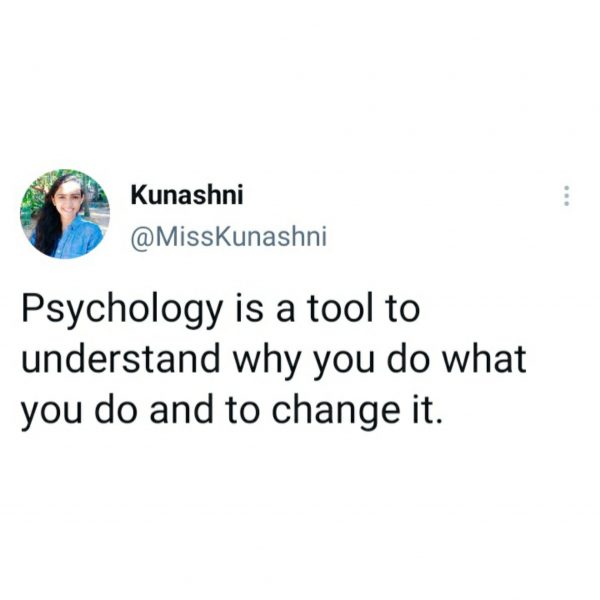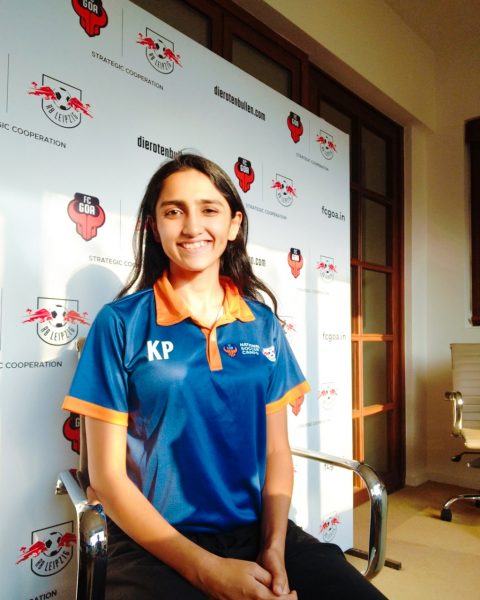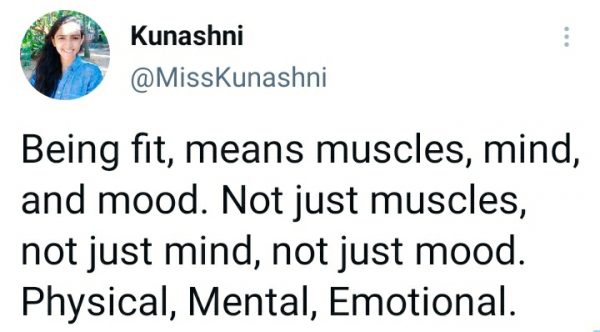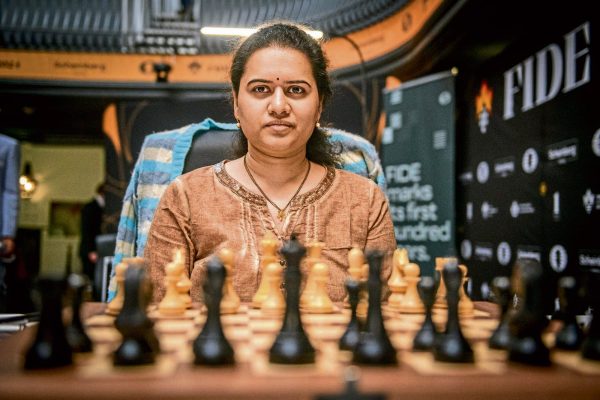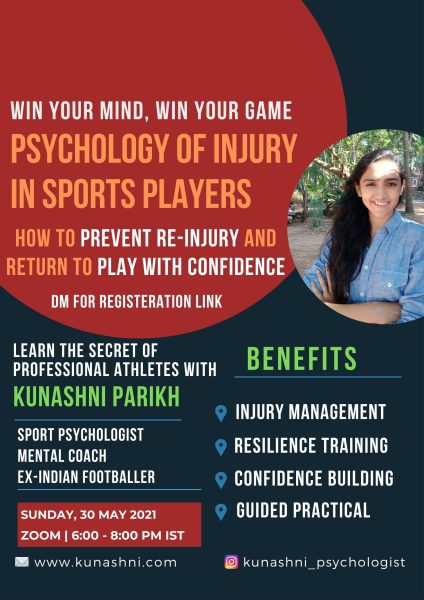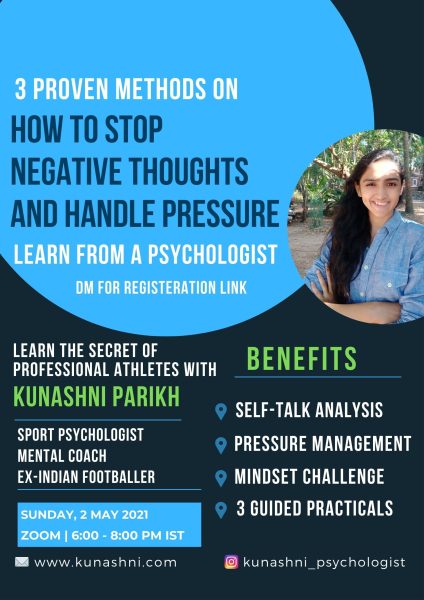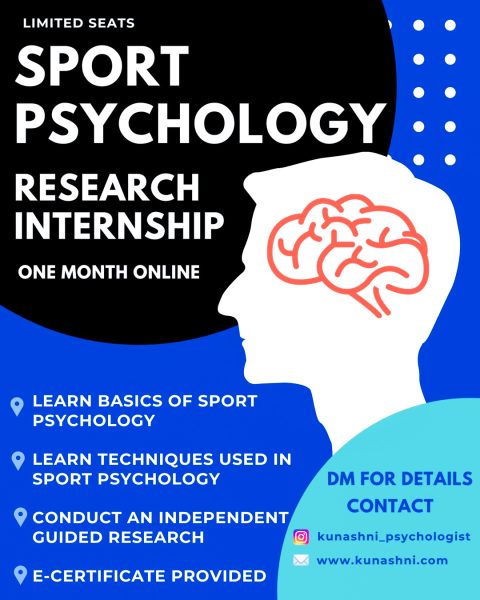In the heart-pounding arena of sports, where milliseconds can make or break a play, mastering your mind through athlete mental training is just as crucial as honing your physical skills.
The ability to stop negative thoughts during a match can be the difference between victory and defeat.
Imagine this: You’re on the court, field, or pitch, and suddenly doubt creeps in. Negative thoughts spiral, threatening to unravel your confidence. It’s a scenario all too familiar to athletes. But fear not, because in the world of sports psychology and neuroscience, there’s a potent tool to overcome this challenge: the S.T.O.P. sequence.
Athlete Mental Training: The S.T.O.P Sequence to Stop Negative Thoughts

Step 1: S – Slow Down Your Breathing
The first step to stop negative thoughts is to SLOW down your breathing. When anxiety takes hold, your body’s stress response system, led by the amygdala (the brain’s fear center), can run wild. Rapid, shallow breathing exacerbates this response. But by taking 3-4 deep breaths, you center your attention and signal to your brain that it’s time to calm down.
Neuroscience Insight: Deep breathing deactivates the amygdala, reducing the release of stress hormones like cortisol. This simple act helps shift your mind from panic to control.

Step 2: T – Target Your Focus
The next step is to TARGET your focus. Instead of dwelling on negative thoughts, direct your attention to your equipment. Feel the grip of your racket, the texture of the ball, or the weight of your club.
Engaging with your gear not only brings you into the present moment but also activates your brain’s visual cortex, sharpening your perception.
Neuroscience Insight: Focusing on your equipment activates the visual cortex, enhancing your ability to see and process visual cues efficiently.

Step 3: O – Explore Your Options
Now, shift your attention to OPTIONS.
What moves, strategies, or shots can you make next? Assess the playing field, identify potential plays, and consider your options. This step engages your prefrontal cortex, the decision-making powerhouse of your brain.
Neuroscience Insight: The prefrontal cortex is responsible for complex decision-making. By considering your options, you optimize its function and enable better choices under pressure.
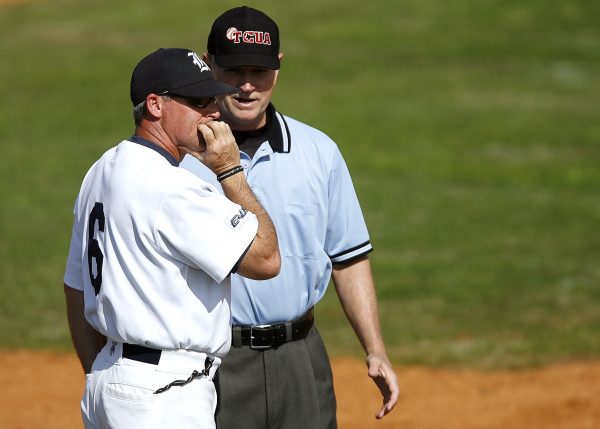
Step 4: P – Focus on Performance
The final step is to focus on PERFORMANCE.
Once you’ve chosen your target and options, it’s time to concentrate on your next move. Dive into the flow of the game, execute your plan, and let muscle memory take over. This step activates the motor cortex, responsible for coordinating your movements.
Neuroscience Insight: The motor cortex thrives on the execution of movements. Focusing on your performance helps you enter a state of flow, where your actions become automatic and precise.

Summary
The S.T.O.P. sequence is your mental toolkit for stopping negative thoughts and optimizing your performance during a match. By slowing down your breathing, targeting your focus, exploring your options, and focusing on performance, you shift your brain’s blood flow from anxiety centers to regions that enhance your decision-making and execution.
This approach is not exclusive to athletes; it can be applied in any high-pressure situation by anyone.
Whether you’re an athlete, an artist, a student, or a professional, mastering your mind is key to achieving your best.
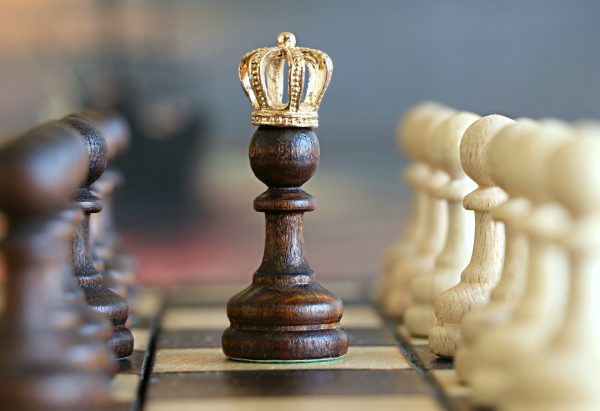
So, the next time doubt creeps in, remember the power of S.T.O.P. Use it to refocus your attention from negative thoughts to positive performance, and watch as you unlock your full potential.
If you’re struggling with mental focus and peak performance, reach out for individual help. Our Sport Psychologist, Kunashni has worked with hundreds of athletes and performers to help them control their mind and play at their optimal level.
Go out there and do your best!

Clinical and Sport Psychologist



